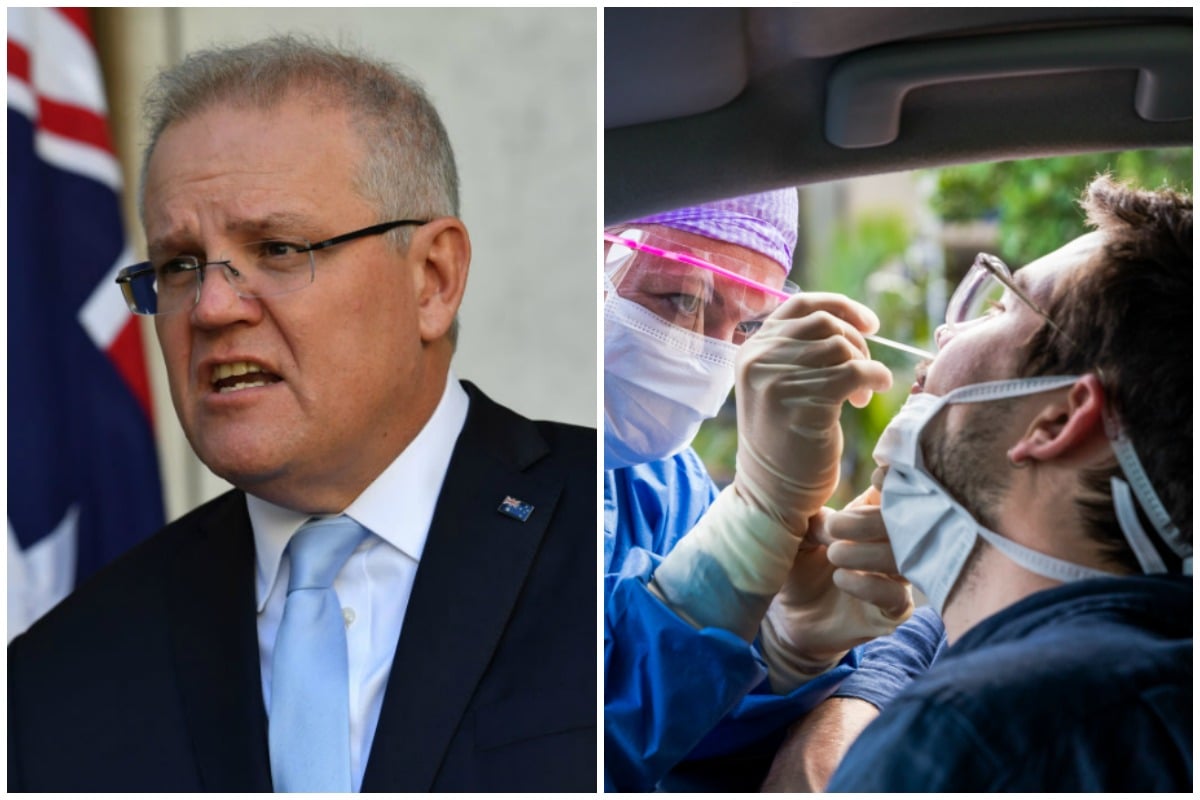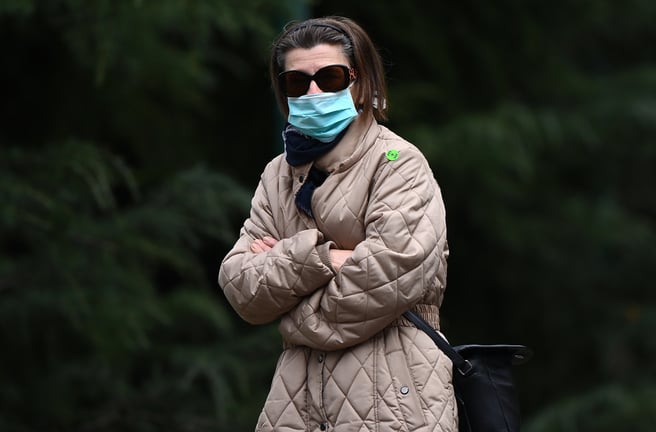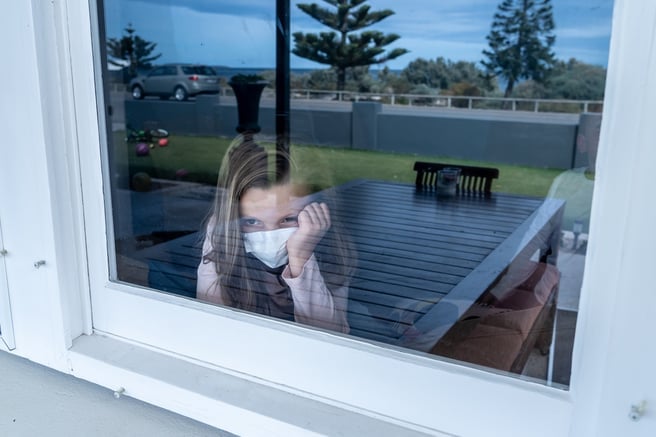
The ever-changing information regarding the coronavirus pandemic can be overwhelming. In fact, just living through it is overwhelming.
Worldwide, the spread of COVID-19 is not showing any signs of slowing. At the time of reporting, there are over 15 million confirmed cases of coronavirus, and over 600,000 deaths.
There's a lot we don't know about the new illness. Below, we've collated some of the most common questions we all still have about COVID-19, and their answers.
The information has been gathered from Australian government health departments, the World Health Organisation, and what epidemiologists and infectious disease specialists have told Mamamia.
Here's what we know.
Should I wear a face mask?
If you live in Melbourne or Mitchell Shire, masks or face coverings are mandatory. There is a $200 fine for people caught in public without one (with some exemptions).
Elsewhere, the debate on healthy individuals wearing masks in the wider community has not reached a consensus, according to the World Health Organisation.
The Australian Government Health Department does, however, say that wearing a mask can help protect yourself and people around you when you are in situations where physical distancing is not possible.
 Face masks are now mandatory in Melbourne. Image: Getty.
Face masks are now mandatory in Melbourne. Image: Getty.


Top Comments